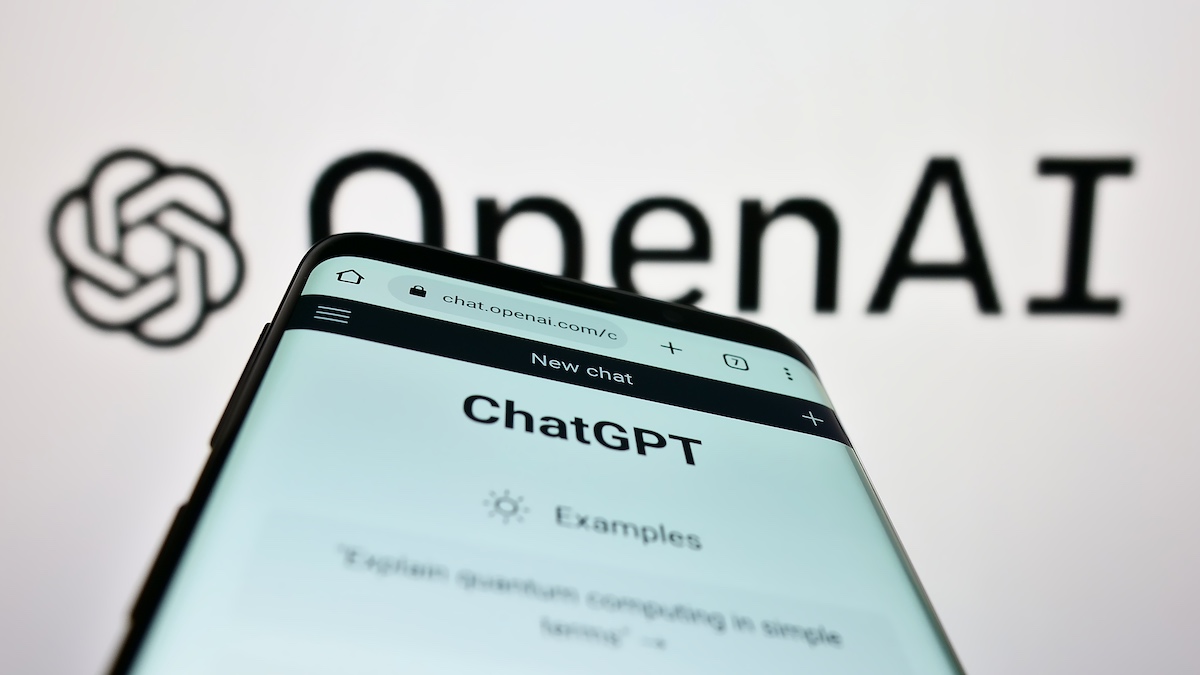Artificial intelligence technology startup OpenAI has launched a $1 million cybersecurity grant program aimed at boosting defender-focused research and capabilities and measurements.
OpenAI, makers of the popular ChatGPT bot application, plans to shell out grants in increments of US$10,000 USD in the form of API credits or direct funding for projects that empower defensive use-cases for generative AI technology.
“Our goal is to work with defenders across the globe to change the power dynamics of cybersecurity through the application of AI and the coordination of like-minded individuals working for our collective safety,” the company said in a statement.
The OpenAI program is meant to nudge developers into creating cutting-edge AI capabilities that benefit defenders and to developing methods for quantifying the cybersecurity capabilities of AI models.
OpenAI said projects in scope include those that collect and label data from cyber defenders to train defensive cybersecurity agents; detect and mitigate social engineering tactics; automate incident triage, and identify security issues in source code.
The company is also looking to fund projects that assist network or device forensics, automatically patch vulnerabilities, and optimize patch management processes to improve prioritization, scheduling, and deployment of security updates.
OpenAI said it would evaluate and accept applications for funding or other support on a rolling basis, noting that strong preference will be given to practical applications of AI in defensive cybersecurity (tools, methods, processes).
“Offensive-security projects will not be considered for funding at this time,” the company said, noting that all submissions should be intended to be licensed or distributed for maximal public benefit and sharing.
Related: ChatGPT Creator OpenAI Ready to Pay Hackers for Security Flaws
Related: Microsoft Puts ChatGPT to Work on Automating Cybersecurity
Related:OpenAI Patches Account Takeover Vulnerabilities in ChatGPT














